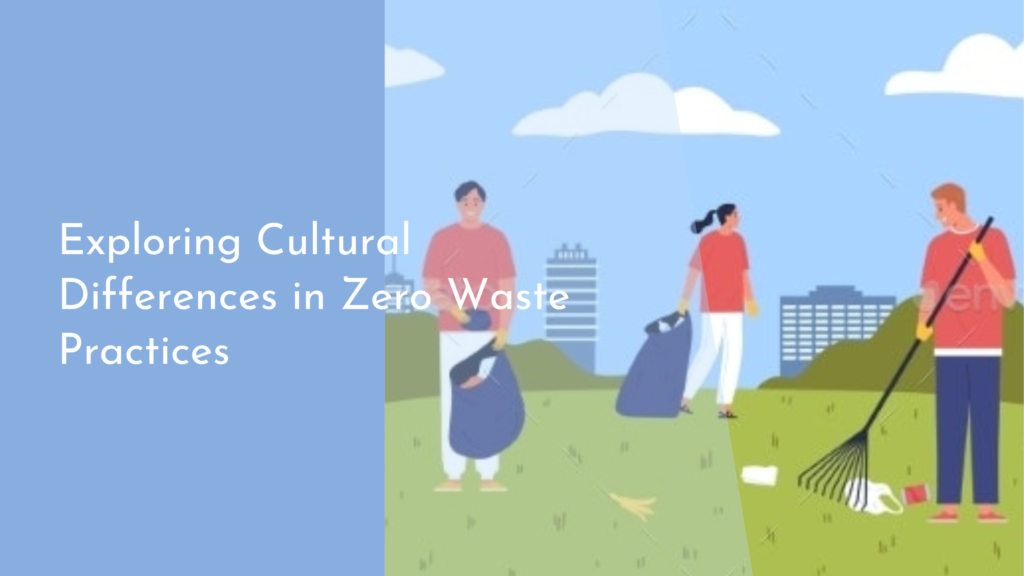Methods for Educating the Public on Permaculture
Permaculture, a sustainable design system that mimics natural ecosystems, has gained significant traction in recent years as more people seek eco-friendly solutions to modern challenges. However, understanding its principles and practices can sometimes feel overwhelming. To bridge this knowledge gap, various methods have emerged to educate the public about permaculture, encouraging greater participation and enthusiasm. This article explores some effective strategies for spreading awareness and knowledge about permaculture, from engaging workshops to inspiring success stories.
Engaging Workshops: Hands-On Learning in Permaculture
Workshops provide an interactive platform for individuals to learn about permaculture in a practical setting. By participating in hands-on activities, attendees can grasp core concepts such as soil health, crop rotation, and companion planting. These workshops often include demonstrations on how to build raised beds, create compost, or install a rainwater harvesting system, ensuring that participants leave with tangible skills they can apply in their own gardens. Engaging workshops are not only educational but also fun, fostering a sense of community and collaboration among attendees.
Moreover, workshops can cater to various skill levels, from beginners to advanced practitioners. By tailoring content and activities to specific audiences, organizers can ensure that everyone finds value in the experience. Many workshops also encourage participants to bring their own ideas and challenges to share, promoting a collaborative learning atmosphere. This peer-to-peer exchange of knowledge enriches the experience, allowing individuals to learn from one another while cultivating a deeper understanding of permaculture principles.
Community Events: Building Connections through Nature
Community events serve as a great way to raise awareness about permaculture while also bringing people together. These events can range from garden tours and plant swaps to farmers’ markets and educational fairs. By creating a social and immersive environment, community events foster connections among residents, local growers, and environmental enthusiasts. Participants can explore various permaculture practices showcased in community gardens, inspiring them to adopt similar techniques in their own backyards.
In addition to showcasing practical applications of permaculture, community events often feature guest speakers, local experts, and hands-on activities that further deepen understanding. Engaging presentations can cover topics such as permaculture ethics, the importance of biodiversity, and sustainable food systems. By highlighting local success stories and best practices, these events motivate attendees to make eco-friendly choices and be part of a more sustainable future together.
Online Resources: Expanding Knowledge at Your Fingertips
In today’s digital age, online resources have become invaluable tools for learning about permaculture. Websites, blogs, and online courses provide a wealth of information that is easily accessible to anyone, regardless of their location. With just a few clicks, individuals can access tutorials, articles, and videos that demystify complex permaculture concepts. This abundance of information allows learners to study at their own pace, making it possible for everyone to find the resources that resonate with their learning style.
Social media platforms also play a significant role in promoting permaculture education. Groups and pages dedicated to permaculture offer forums for discussions, sharing experiences, and asking questions. These virtual communities create a supportive environment where individuals can connect, exchange ideas, and celebrate their successes. The ability to interact with like-minded individuals globally enhances the learning experience and shows that the principles of permaculture are applicable far beyond individual gardens.
Success Stories: Inspiring Change through Permaculture Practices
Success stories are powerful motivators for change, demonstrating the tangible benefits of permaculture practices. By highlighting individuals and communities that have successfully implemented sustainable techniques, these narratives can inspire others to embark on similar journeys. From urban gardens that transform neglected spaces into thriving ecosystems to rural farms that achieve self-sufficiency, these stories illustrate the positive impact of adopting permaculture principles on both a local and global scale.
Sharing these success stories through various media—such as documentaries, articles, and social media posts—can spark interest and encourage more people to explore permaculture. Real-life examples not only provide practical insights but also offer hope and inspiration. When individuals see what is possible within their own communities, they are more likely to take action and embrace sustainable practices, creating a ripple effect that can lead to widespread change.
Educating the public about permaculture is vital for fostering a sustainable future. By utilizing engaging workshops, community events, online resources, and sharing success stories, we can inspire a new generation to embrace and practice permaculture principles. As awareness grows and more people become involved, the collective efforts will help create resilient ecosystems, strengthen local communities, and promote a deeper connection with nature. Together, we can cultivate a brighter and more sustainable world.

